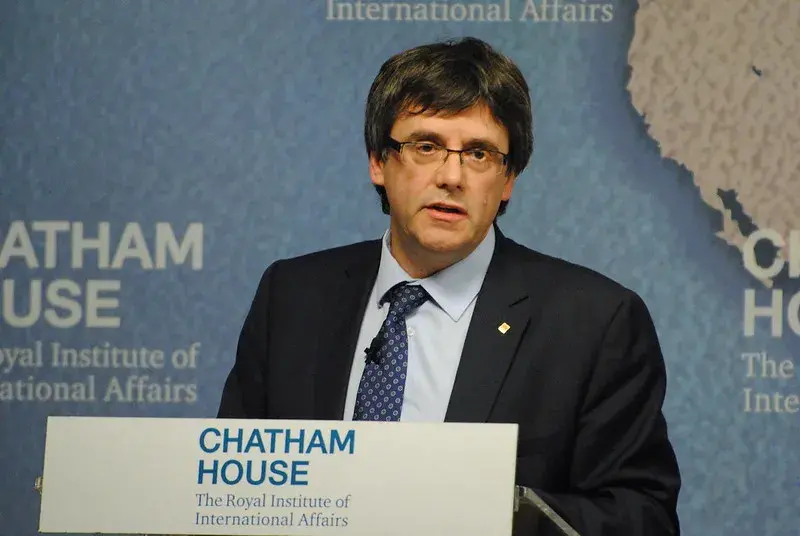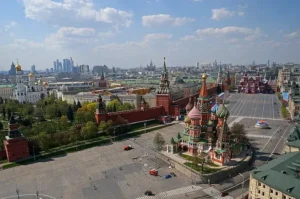The former Catalan president has been living outside of Spain since October 2017 when he unilaterally declared the independence of Catalonia.

Not even 24 hours had passed since the Spanish Parliament’s Justice Committee approved the text of the amnesty law for Catalan independentists on Thursday when separatists were already warning that the next step would be self-determination for Catalonia to become an independent republic.
This was expressed by former Catalan President Carles Puigdemont as soon as he learned that the modifications to the amnesty bill demanded by his party, Junts per Catalunya, had been approved by the Justice Committee.
“We all have the right to continue the process of independence, to engage in politics, and to exercise our rights without being violated by the structures of the State,” Puigdemont stated on social media.
The former Catalan president has been living outside of Spain since October 2017 when he unilaterally declared the independence of Catalonia. Faced with the intervention of the national government, he went into self-imposed exile in Belgium to avoid imprisonment.
“This was one of the conditions for having a relationship with the Spanish government parties without the interference of patriotic justice, and to be able to work and progress within the agreed framework for the investiture,” Puigdemont said about the amnesty that the Congress will debate on Thursday, March 14.
It is almost certain that on that day, the Congress of Deputies will approve the law that erases possible crimes committed by the separatists with the majority vote of the parties that supported the re-election of Pedro Sánchez.
This agreement was made because an amnesty law for Puigdemont to return to Spain and for no crimes to weigh on the hundreds of people who collaborated in the lead-up to the illegal self-determination referendum and the subsequent declaration of independence in 2017 was one of the conditions that the party of the former Catalan president agreed with the PSOE to reseat Sánchez in the La Moncloa seat.
Last November, the current Spanish Prime Minister was invested for the third time with the support of seven political formations, including Catalan and Basque independentist parties, both left and right.
With all, he agreed and will have to make concessions. The amnesty law is one of them.
The first draft law presented by the PSOE earlier this year was rejected in Congress by Junts: Puigdemont’s party believed that the bill did not adequately protect against possible accusations of terrorism or treason to Spain, as some judicial investigations had targeted the former Catalan president.
The amnesty law then returned to the Justice Committee, and there was time until Thursday, March 7, to negotiate a new text.
Junts pulled the rope until the last minute of the deadline to submit amendments. Finally, they agreed with the PSOE and with Esquerra Republicana de Catalunya – the majority independentist party and the one currently governing the autonomous community from the Generalitat – that the proposed law should consider possible crimes of terrorism, treason, and embezzlement according to European legislation and not according to the Spanish Penal Code.
When finalized – its final approval could take place between May and June – the amnesty will be the first step in the roadmap of conquests that the independence movement aspires to.
“We have to negotiate piece by piece, not take anything for granted, and address all issues, from the budget to national recognition and the exercise of the right to self-determination,” Puigdemont admitted, who will be a candidate for his party in the European Parliament elections in June.
His return to Spain is scheduled for July.
Fifteen days ago, the Catalan regional Parliament agreed to process a popular legislative initiative requesting a draft law declaring the independence of Catalonia.
It is the fifth request of this kind that the Parliament has received and was submitted by the independentist party Solidaritat, which currently has no parliamentary representation but did between 2009 and 2012.
The initiative would have no chance of succeeding. “The preamble of the law does not adhere strictly to the competencies of the Generalitat nor seeks justification in the Statute and the Constitution,” stated the judges of the Catalan Parliament who were consulted.”







